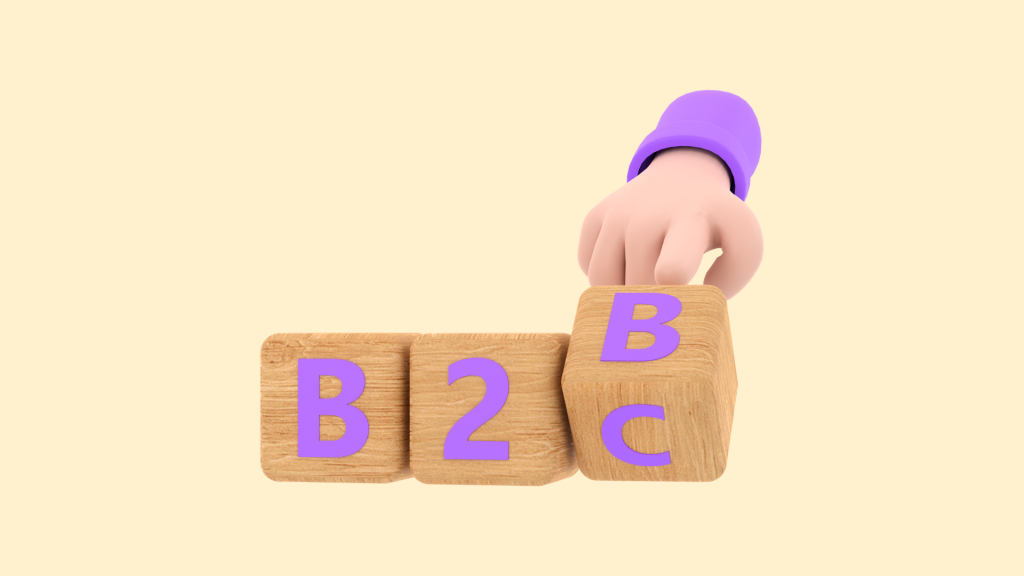B2B vs. B2C Marketing: key differences and winning strategies

B2B and B2C are not just abbreviations; they represent two distinct worlds that require different marketing strategies.
Definition of B2B and B2C Marketing
B2B, which stands for Commerce interentreprises, refers to commercial transactions between businesses. In this context, a company provides products or services to another business. This can include raw material suppliers, business software, consulting services, and much more.
On the other hand, B2C is the abbreviation for De l'entreprise au consommateur. In this case, businesses sell directly to end consumers, meaning that products or services are intended for individual use.
What’s the Difference Between B2B and B2C?
Target Market
In B2B, the ideal customer is another business, entity, or activity, which means that purchasing decisions are often made by a committee or experienced professionals. In B2C, the focus is on individual consumers, and purchasing decisions are often driven by emotions, instincts, and needs.
Decision-Making Process
In B2B sectors, the decision-making process is usually longer and more complex. It requires detailed research, supplier evaluations, and careful consideration of long-term implications. In B2C, the decision-making process is generally faster, with consumers often deciding based on desire and accessibility.
Content and Messaging
B2B marketing strategies often focus on demonstrating value and providing detailed information. Content such as white papers, webinars, and case studies is very useful in influencing purchasing decisions. In B2C, messaging is also about providing useful information but often emphasizes emotion, aspiration, and the product experience.
Long-Term Value
In B2B, customer loyalty and building long-term relationships are crucial. Contractual agreements can last for years, if not decades. In B2C, loyalty is important, but the customer lifecycle tends to be shorter, with more occasional purchases.
What is the Value of the B2B Market in Italy?
The B2B market in Italy is a cornerstone of the country’s economy. According to recent data, the B2B sector represents a significant portion of the Italian GDP, contributing substantially to the creation of economic value. Italian companies operating in B2B are involved in a wide range of sectors, including manufacturing, professional services, technology, and many others.
B2B and B2C marketing are two distinct worlds with unique approaches and strategies.
Understanding the key differences between these sectors is crucial for developing effective marketing campaigns. While B2B requires targeted messaging and attention to detail, B2C, in addition to direct communication, relies on emotion.
In both cases, success depends on understanding your audience and creating strategies that align with the needs and expectations of your customers.
Does your business target businesses or consumers? Contactez-nous now to define a suitable marketing strategy for your business type.

